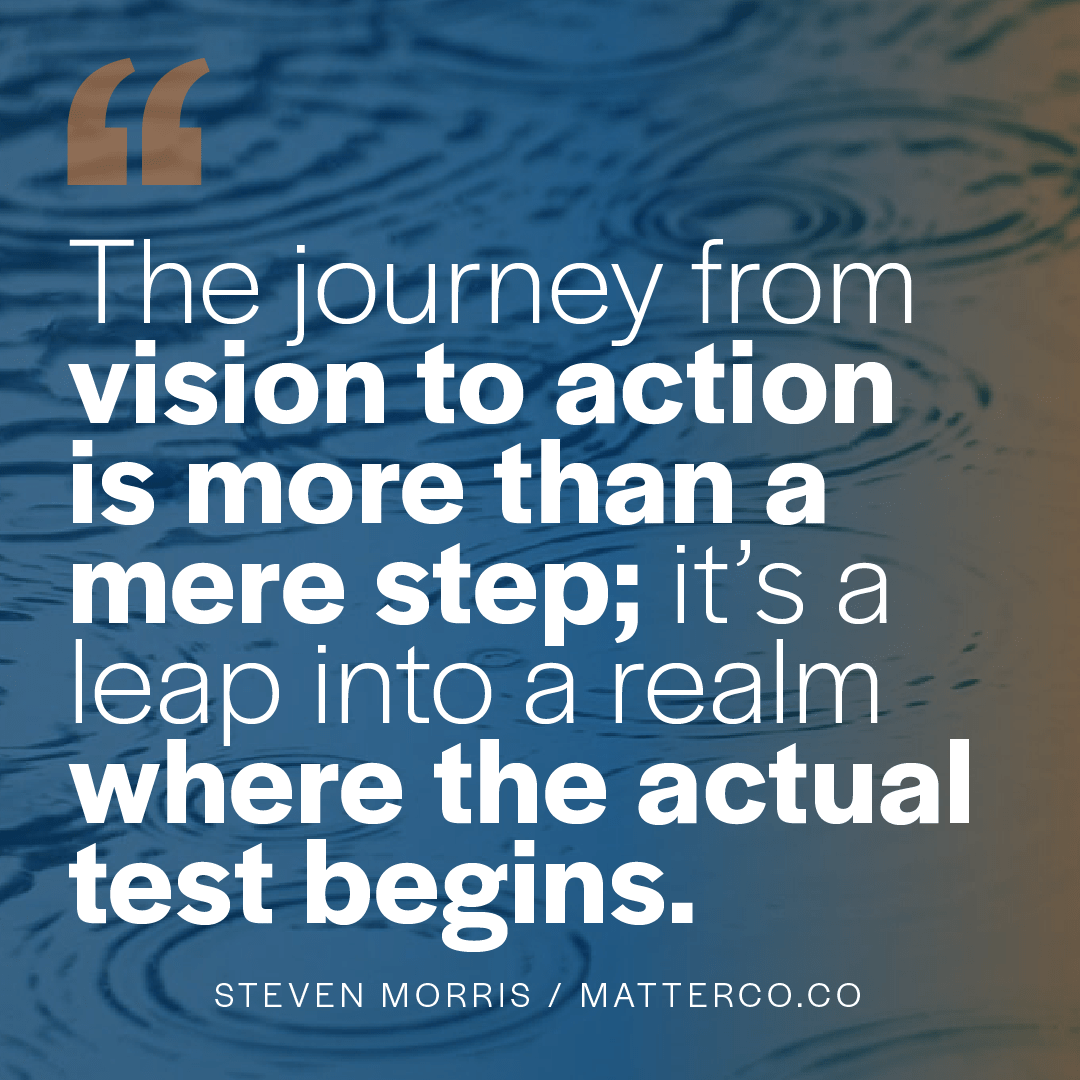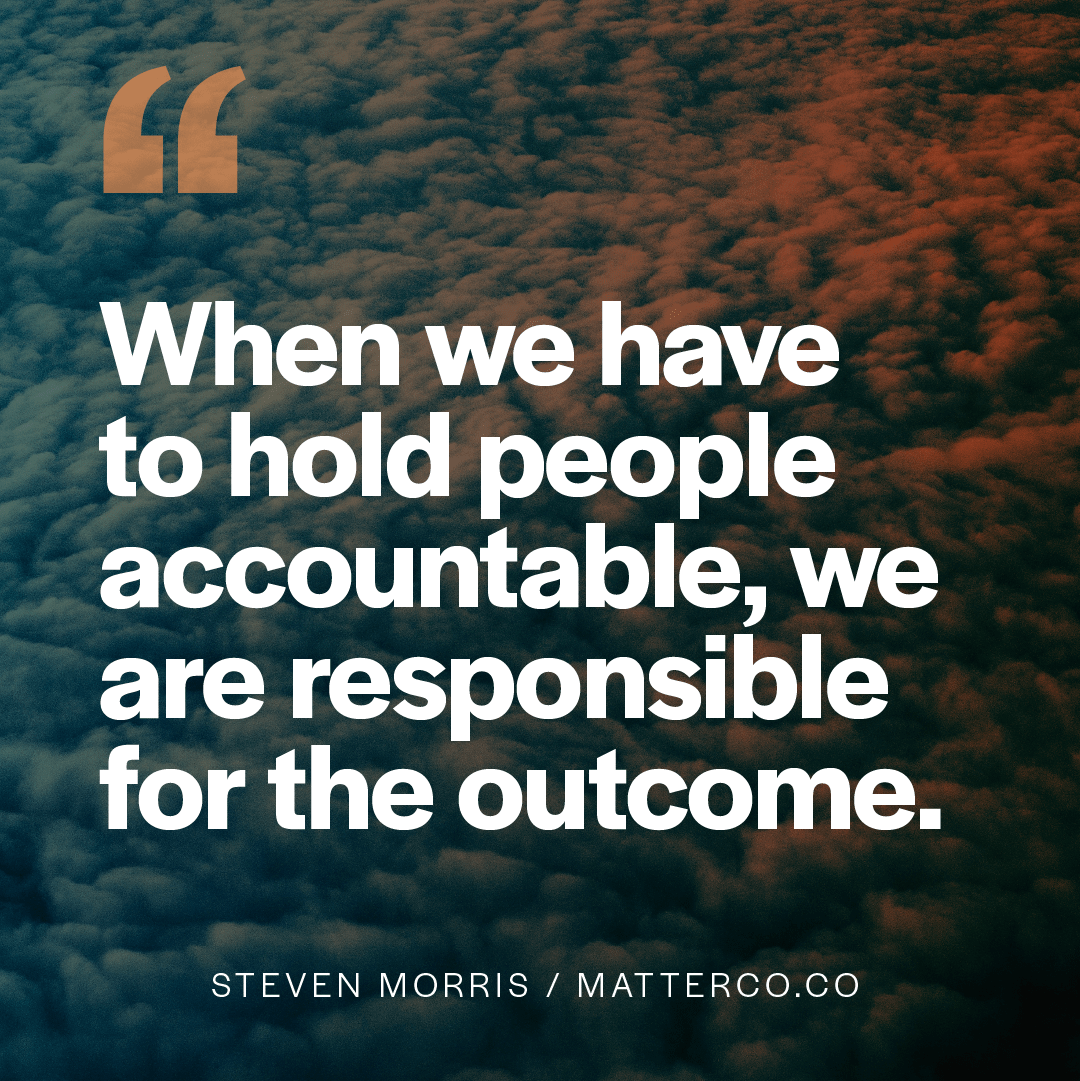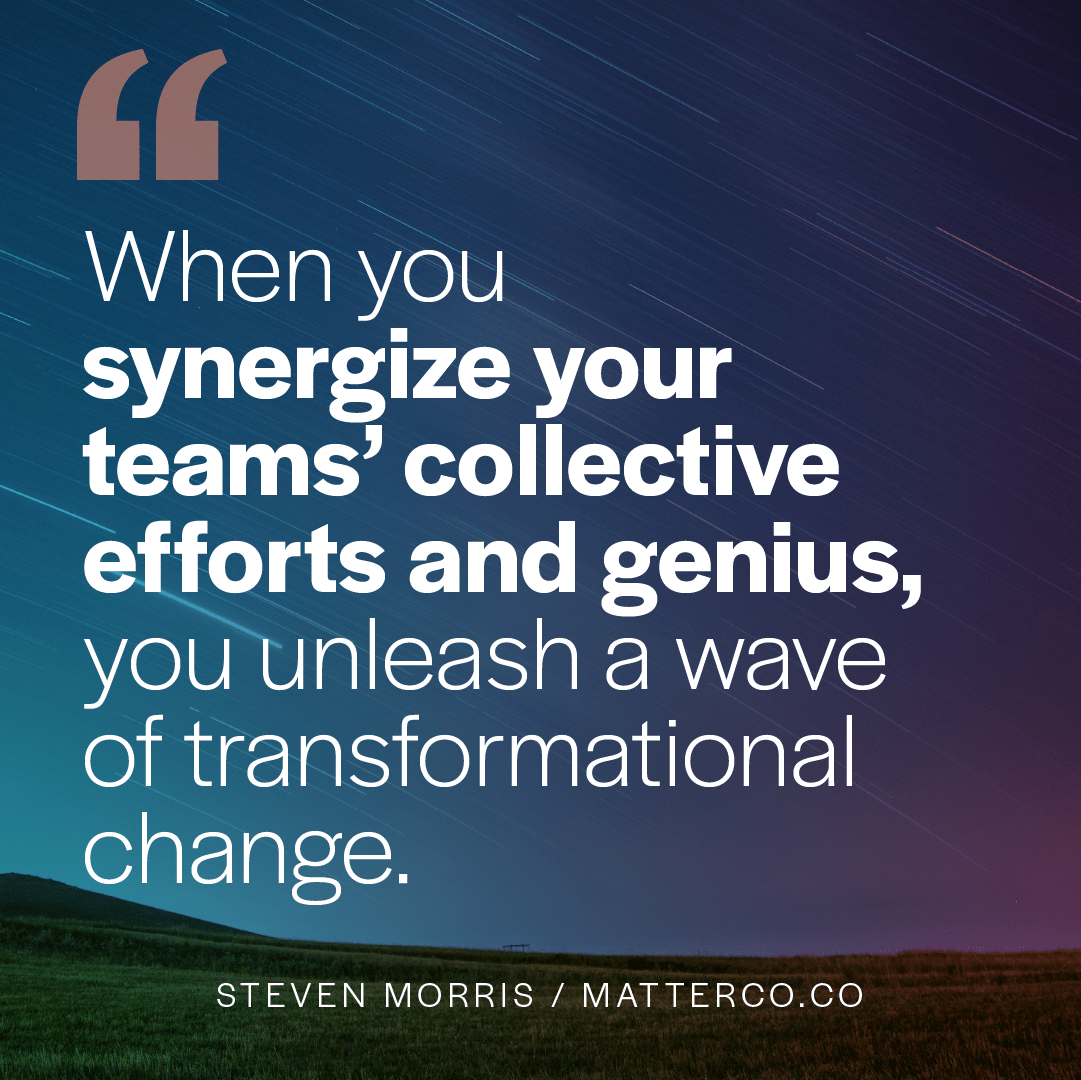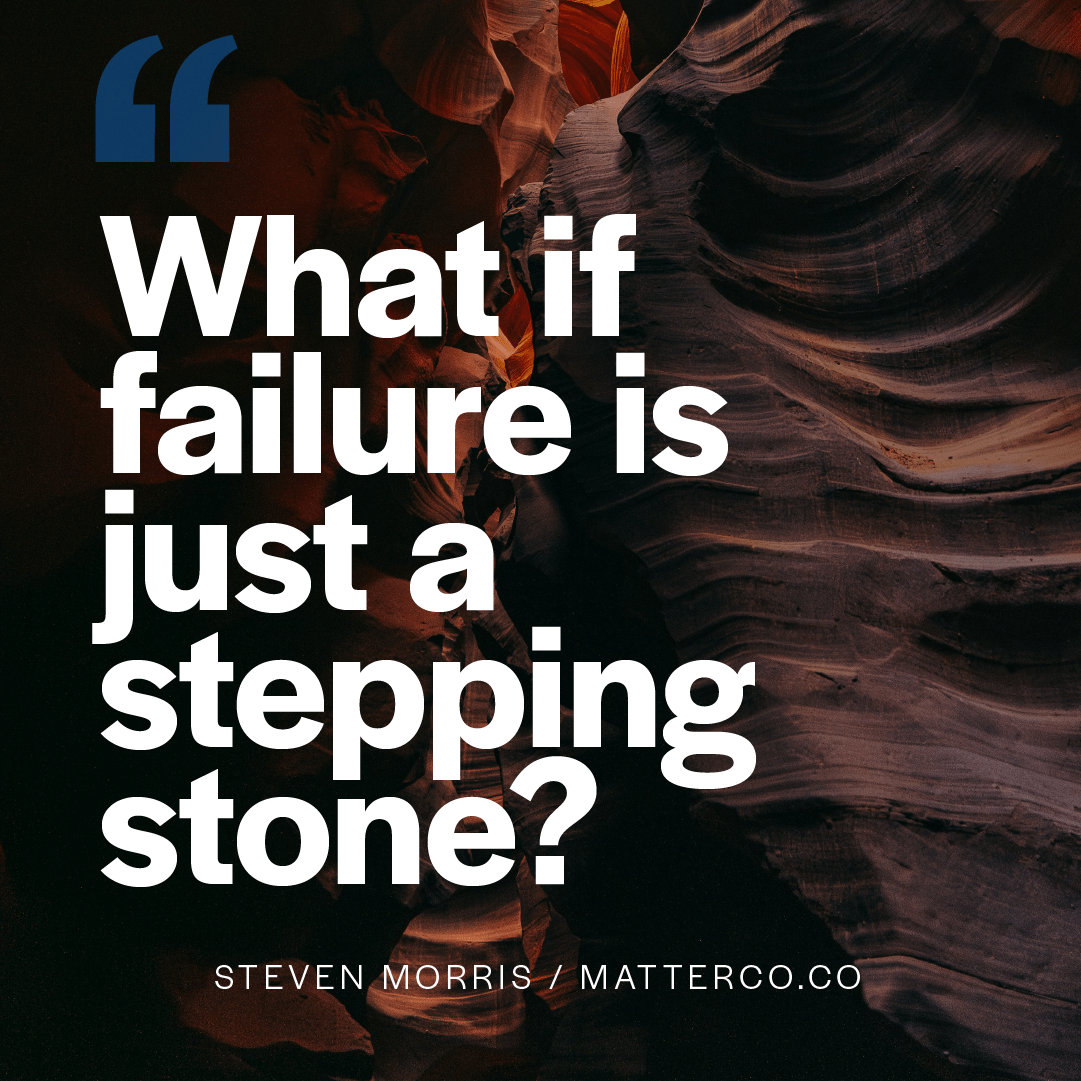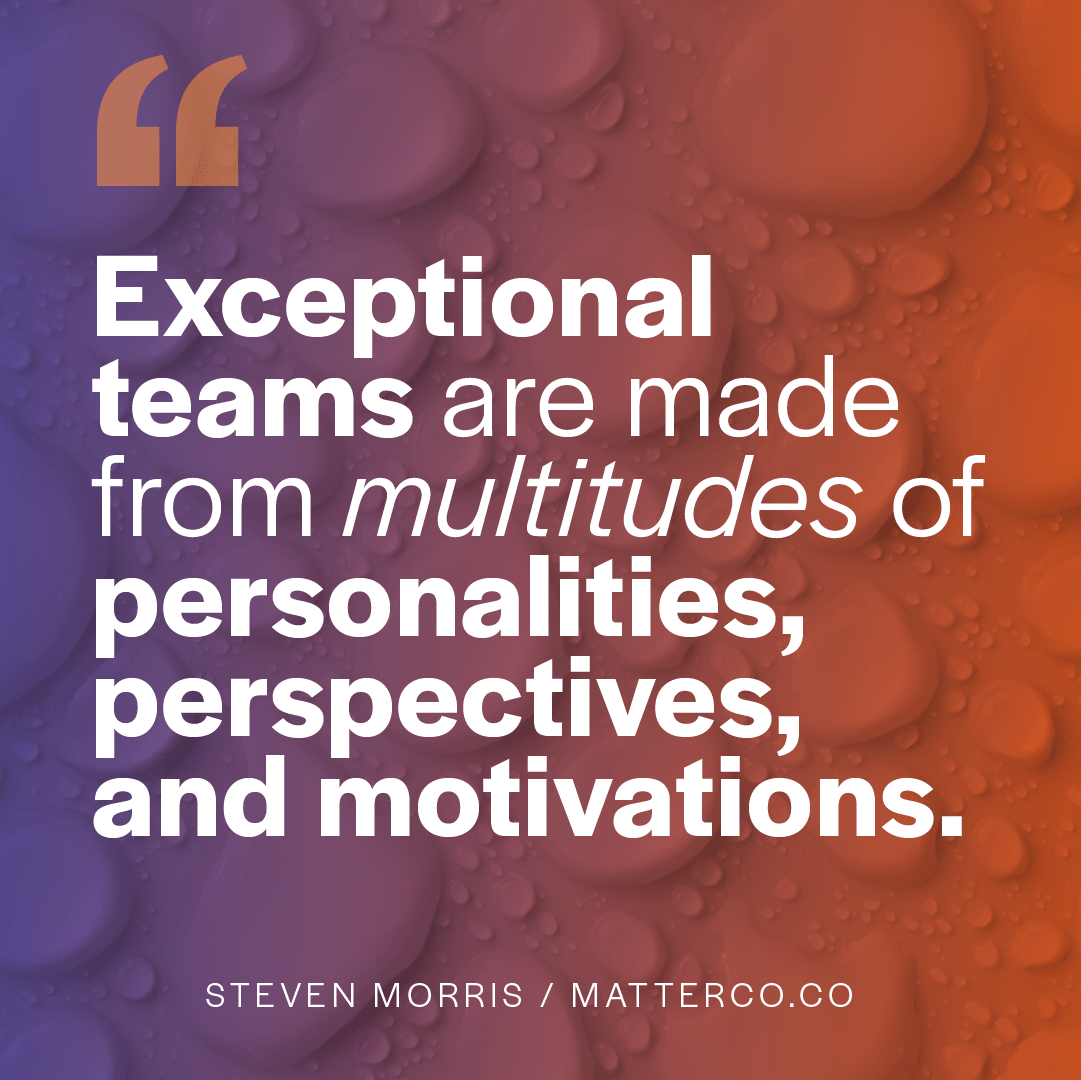
Poetics Of Groups
In my consulting work, I lead groups on topics ranging from organizational conflict to innovation and belonging. I am constantly reminded that group facilitation is a delicate balance of encouraging discovery, unifying, and letting go.
While I may enter the room as a group leader with my own ideas, I know from experience that control is an illusion. My role becomes one of aligning with the group, witnessing how it seeks to harmonize and express itself, and fostering a creative space where belonging, understanding, and ideas can flourish or falter.
The word “poem” means to make or compose. In many ways, a well-functioning group experience resembles a poem — a crafted creation. It is about enabling the group to compose its own narrative, delve into its collective creativity, and unearth its shared voice and identity.
Facilitation entails entering the room armed with structure and intention: an issue to explore, a thought-provoking question for discovery, or an anticipated direction for the conversation.
Yet, I realize that half the people in the room are, at best, reluctant or resent being there, feeling they have much more pressing things to do with their time, especially in high-performing organizations.
As a group facilitator, I carry a silent hope that we can navigate these challenges, avoiding wasted time and ensuring that every valuable voice and insight finds its way to benefit the entire group.
When Trust Takes Root
At its essence, successful group facilitation relies on an economy of trust and an undercurrent of love that permeates the room. These words may not be explicitly spoken, but their presence is palpable.
The participants bring their trust, even if it comes with a tinge of reluctance towards the group process. They show up, share their stories, and contribute to the unfolding narrative.
And this form of showing up is where the magic begins. When someone conjures the courage to speak the truth or says the unsayable in an open room, not knowing how the group might receive it, they offer silent permission for others to do the same.
Ultimately, the unspoken love and trust within these rooms serve as the kindling for unraveling the complexities of the organizational landscape.
Amidst the entangled busyness of day-to-day business, we find immense value in slowing down, pausing, and truly seeing what lies beneath the surface. By gaining this vantage point, we develop a clearer understanding of the organizational reality and can manage what we can now see.
Through this deliberate presence and awareness, we can navigate the intricate tapestry of organizational life, revealing its true essence and unlocking its transformative potential.
Why does this matter?
We live in a relational world, and our work is dynamic. Exceptional teams are made of multitudes of personalities, perspectives, and motivations. This is a good thing.
Great work can be done when diverse passions and perspectives unite and work in harmony, so long as the team is on the same page and headed in the same relative direction with the right reasons in mind. This is where the work of great companies turns fertile soil.
It matters because we’re here to make change happen. Regardless of industry or market, you’re in the business of making things better. When we show up, speak up, speak out, and put in the effort, things change for the better.
If you found this topic interesting or valuable, here are some related articles for you.
If you want a more trusting team, a culture of belonging or a magnetic brand that attracts more of the right customers, I can help. If you'd like to explore if working together makes sense, drop me a line.




